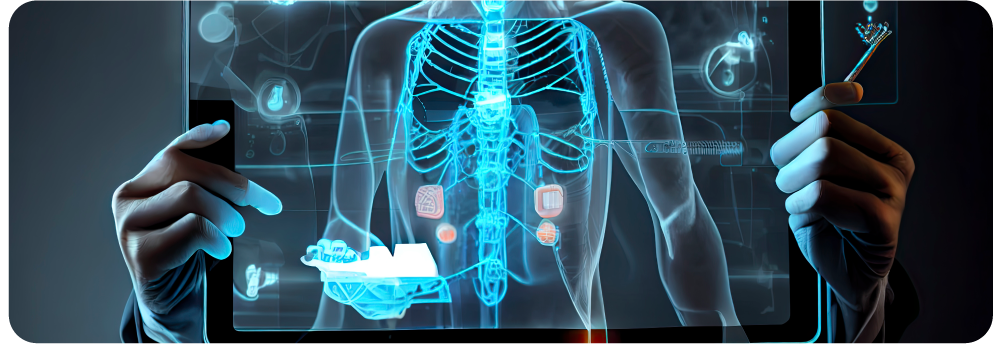
Introduction
The healthcare industry is undergoing a technological revolution, with Artificial Intelligence (AI) at the forefront. Among the many applications of AI in healthcare, one of the most impactful is its integration into Clinical Decision Support Systems (CDSS). These systems are designed to assist healthcare professionals in making informed clinical decisions by analyzing large volumes of data and providing evidence-based recommendations. In this blog, we will explore how AI is transforming CDSS, improving patient outcomes, and streamlining healthcare processes.
The Evolution of CDSS
Clinical Decision Support Systems have been a part of the healthcare landscape for several decades. Traditionally, these systems operated as standalone solutions, often functioning in isolation from other healthcare technologies. They were primarily rule-based, relying on pre-programmed algorithms to generate alerts or recommendations based on specific criteria.
However, the limitations of these early systems quickly became apparent. Poor integration with electronic health records (EHR) and other point-of-care (POC) systems led to inefficiencies, such as imprecise alerts, alarm fatigue, and clinician burnout. These issues not only compromised the effectiveness of CDSS but also posed risks to patient safety.
The Rise of AI in CDSS
The advent of AI and Machine Learning (ML) has brought about a paradigm shift in the way CDSS function. Unlike traditional rule-based systems, AI-powered CDSS can analyze vast amounts of data, identify patterns, and make predictions with unprecedented accuracy. These systems are no longer confined to static algorithms; they can learn from new data, continuously improving their performance over time.
AI-driven CDSS can process data from various sources, including EHRs, biomedical imaging, genetic information, and even real-time data from wearable devices. This comprehensive analysis enables healthcare providers to make more informed decisions, tailored to the individual needs of each patient.
Key Advantages of AI-Powered CDSS
Challenges and Considerations
While the integration of AI into CDSS offers numerous benefits, it is not without challenges. One of the primary concerns is the "black box" nature of AI, where the decision-making process is not always transparent. Healthcare providers may be hesitant to trust AI-generated recommendations without a clear understanding of how they were derived.
To address this issue, the concept of Explainable AI (EAI) has gained traction. EAI aims to make AI's decision-making process more transparent and understandable to users, thereby increasing trust and adoption in clinical settings.
Another challenge is the quality and standardization of data. AI-driven CDSS rely on high-quality, standardized data to function effectively. Inconsistent or incomplete data can lead to inaccurate predictions and recommendations. Healthcare organizations must invest in robust data management practices to ensure the reliability of AI-powered CDSS.
The Future of AI in CDSS
The future of AI in CDSS is promising, with ongoing advancements in technology and data integration. As AI algorithms become more sophisticated, we can expect even greater accuracy and efficiency in clinical decision support. Additionally, the increasing adoption of wearable devices and IoT in healthcare will provide real-time data for AI systems, further enhancing their capabilities.
In the coming years, AI-powered CDSS will likely become an integral part of healthcare, not just as a support tool but as a critical component of patient care. The synergy between AI and CDSS has the potential to revolutionize healthcare, improving outcomes, reducing costs, and ultimately saving lives.
Conclusion
AI is transforming Clinical Decision Support Systems, making them more efficient, accurate, and patient-centered. By harnessing the power of AI, healthcare providers can make better-informed decisions, optimize treatment plans, and improve patient outcomes. While challenges remain, the future of AI in CDSS is bright, with the potential to revolutionize healthcare as we know it.